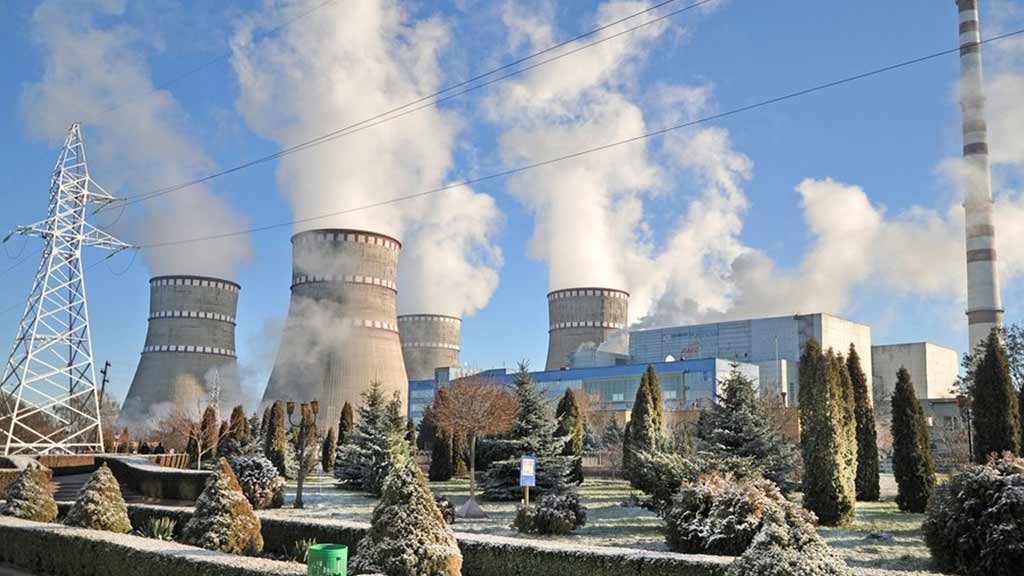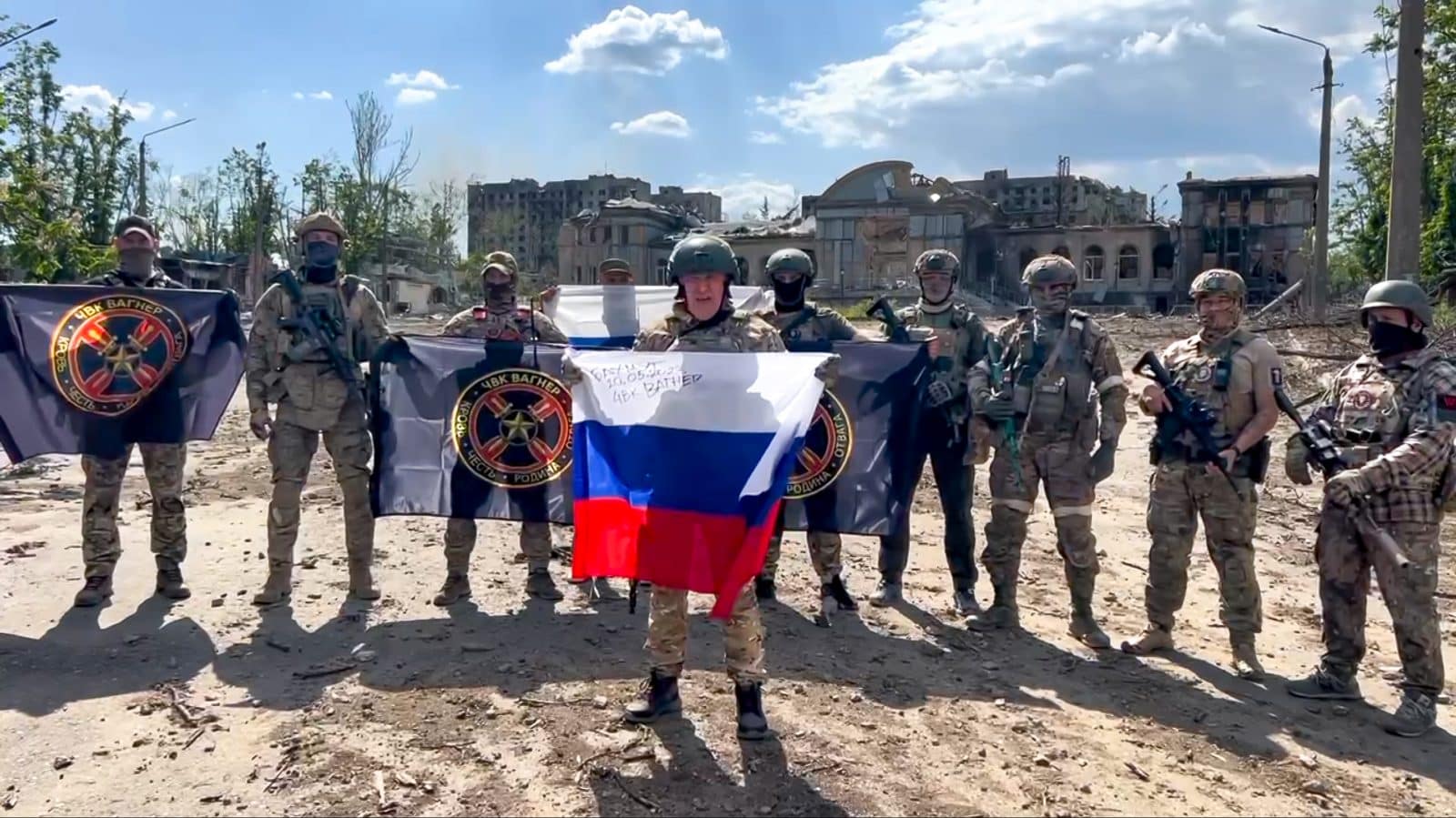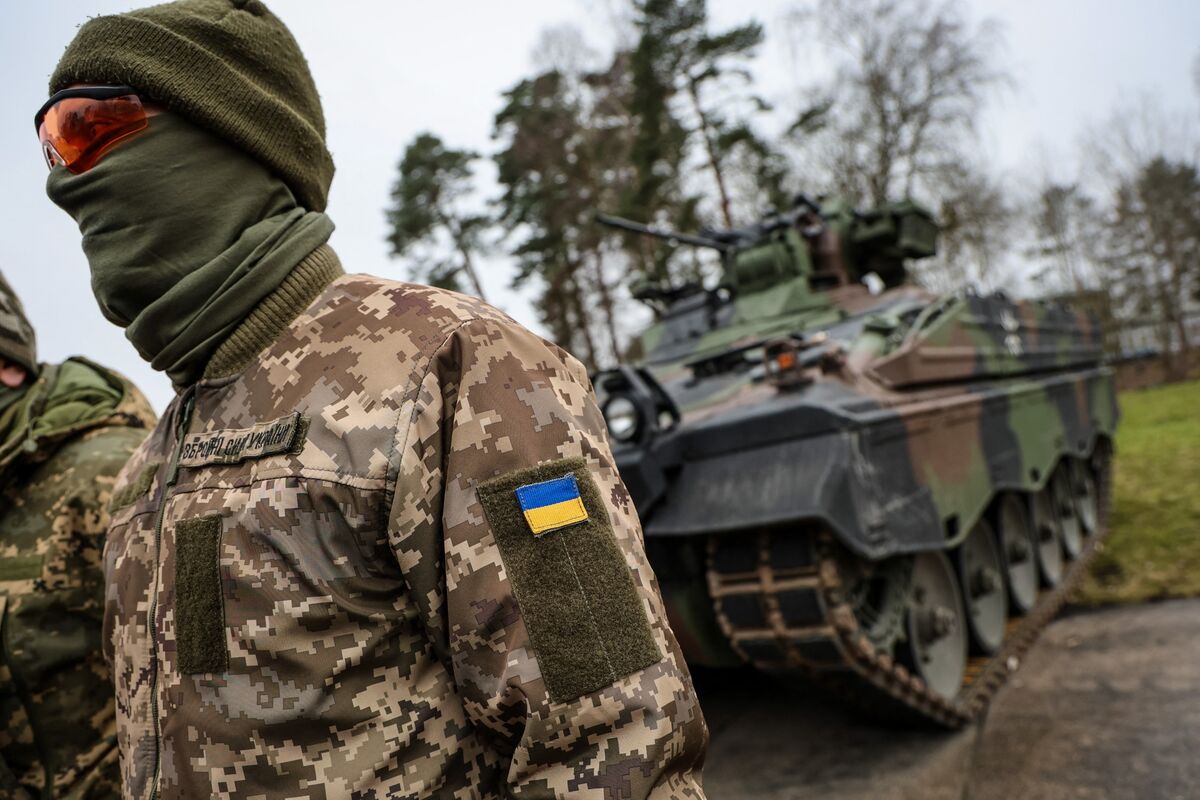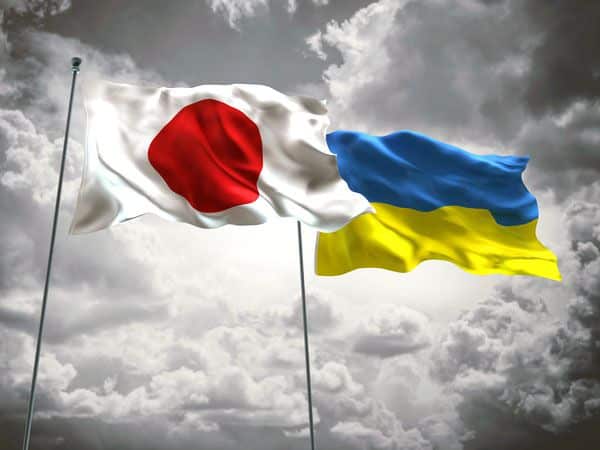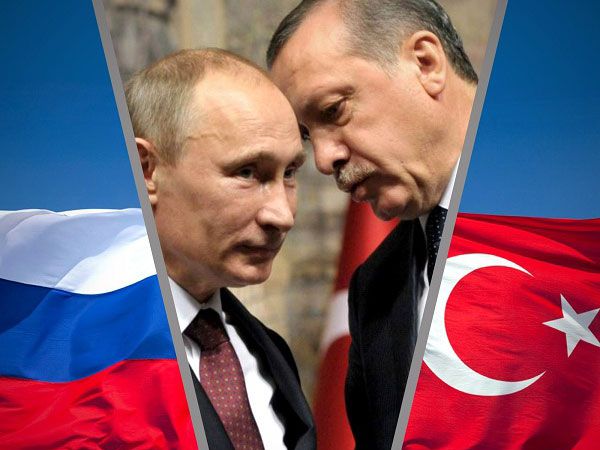Table of Contents
Shortly after U.S. Vice President Mike Pence pledged to ”hold Russia to account” while looking for common ground in a speech to European allies, a hawkish Russian legislator reached out to shake his hand as he passed through a crowded hotel corridor, according to Bloomberg.
”Mr. Vice President, I am from Moscow and we hope we will reach those arrangements you were talking about,” said Alexei Pushkov, a member of the defense committee in the upper chamber of the Russian parliament, Bloomberg reported.
He enthusiastically told reporters afterward that he saw the Vice President`s smile as a good sign. The encounter in Munich on Saturday took all of 10 seconds. Despite Pushkov`s brave face, Russia is disappointed.
Pence`s reassurances to North Atlantic Treaty Organization allies were a far cry from previous hopes in Moscow, and fears in Europe, that U.S. President Donald Trump would deliver dramatic change in the U.S.-Russian relationship, abandon an ”obsolete” NATO, end sanctions over Ukraine and – as he once intimated during his election campaign – consider recognizing Russia`s 2014 annexation of Crimea.
See also: Trump`s key quotes on Ukraine and Russian agression (tweets, videos, links)
Most of those ideas have for now been thrust aside amid resistance in Congress, continuing suspicions that Russia interfered in November`s U.S. presidential election, and the turmoil that surrounded retired Lt. Gen. Mike Flynn`s brief tenure as Trump`s pro-Russian National Security Adviser.
`Negatives` Accumulated
”I heard nothing in the speech” that was positive, Konstantin Kosachyov, who heads the Russian parliament`s foreign affairs committee, said of Pence. ”The new American leaders have started to reproduce the negatives that accumulated under the previous administration.”
Meeting with Ukrainian President Petro Poroshenko Saturday, Pence ”underlined that the United States does not recognize Russia`s occupation and attempted annexation of the Crimean peninsula,” according to a summary provided by the White House.
See also: U.S. Vice President Mike Pence says Russia bears responsibility for war in Donbas (video)
Kosachyov described Pence`s message as disturbing. Still, he said, Russia would not abandon efforts at reaching an understanding with the Trump White House.
Addressing the same Munich Security Conference audience later in the day, Russian Foreign Minister Sergei Lavrov`s speech on what he called ”the post-Western world” was short, at eight minutes, and uncharacteristically flat. His sole comment on what had been said before him was an oblique complaint that the speeches showed NATO ”remained a Cold War institution.”
See also: Russia says U.S. becoming party to conflict in Donbas by supporting the Armed Forces of Ukraine
At a later press conference, Lavrov said the message he took away from Pence`s speech and an earlier meeting with U.S. Secretary of State Rex Tillerson was that Washington was willing to engage.
”We are waiting for the team be to fully formed which will oversee American foreign policy,” he said. ”Only then we will be able to understand what the general approaches that Trump and Pence have voiced will look like.”
`Listening Mode`
Tillerson, whom Putin and other Russian leaders know and respect from his years as chief executive at Exxon Mobil Corp, failed to offer any detail on the U.S. administration`s policy, according to three senior Russian officials familiar with the matter, who spoke on condition of anonymity. During a bilateral meeting with Lavrov earlier in the week, Tillerson spoke little and did not go into any specifics of arrangements for a possible Trump-Putin summit, a key Russian goal, two of the people said.
While State Department officials said Tillerson would be in ”listening mode” on this trip, the upshot was it remains unclear if Trump and Putin will meet before the Group of 20 summit in Hamburg in July.
On Ukraine, the key obstacle in relations between President Vladimir Putin and former President Barack Obama, it is now clear the Trump administration, too, will demand concessions from Moscow before moving on to discuss any wider arrangement, said Fyodor Lukyanov, who heads the Foreign and Defense Policy Council, an advisory body to the Kremlin.
A meeting in Munich Saturday of the so-called Normandy format to resolve the conflict – comprising France, Germany, Russia and Ukraine – ended with a bland commitment to further the stalled peace process. In a sign of its impatience, the Kremlin separately announced that it will for the first time recognize the documents of citizens in Ukraine`s separatist Donetsk and Lugansk regions as valid in Russia, a measure it described as temporary. Poroshenko attacked the move as a breach of international law.
Absent Leaders
Both for Europeans as well as Russians who gathered eagerly in Munich this year to hear from some of the new U.S. administration`s most senior officials, there was by Saturday a recognition that no immediate clarity will be forthcoming on core aspects of U.S. foreign policy. The reason: The two men who ultimately will decide NATO and Russia policy – Trump and Putin – were not in the room.
America`s NATO allies listening to the various U.S. speeches in Munich were reassured to some extent by Pence`s commitment to NATO`s collective defense commitment, Article 5, and talk of shared values, according to Carl Bildt, a former prime minister of Sweden who was in the audience.
”But people know the president will be making the decisions,“ he said.
With the message in Trump`s foreign policy tweets often at odds with the comments of his officials, many European leaders are hoping the apparently more traditional foreign policy stances of Pence, Mattis and Tillerson will prevail. Russia is placing its hopes on Trump himself for a more radical change.
”Trump right now is the one guy who wants to engage with Putin,“ said Michael McFaul, a former U.S. ambassador to Moscow. ”He is surrounded by people that are much more skeptical.”
It`s a message the Russians attending the transatlantic alliance`s annual security conference heard loud and clear.

